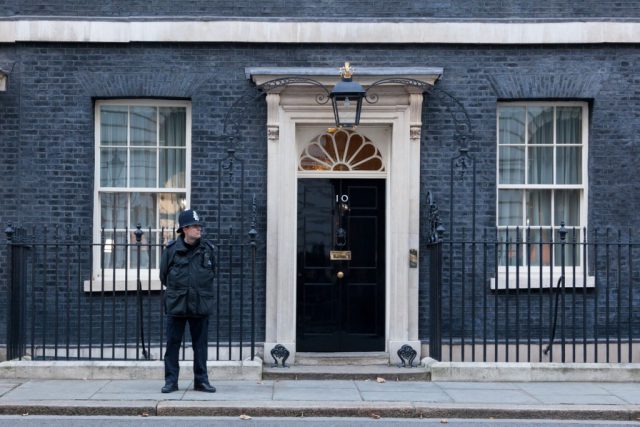PRS in Scotland looking secure
A new report has suggested that the private rental sector in Scotland will continue to offer substantial investment opportunities, despite political uncertainty.
Analysis from property consultancy Galbraith shows that prices north of the border remain competitive, in comparison to the rest of the UK. In addition, the sector is showing growth at a period of low interest and volatile stock markets.
Attractive
The most recent Registers of Scotland monthly house price statistics indicate that the average price of residential property in Scotland increased by 2.6% in April, in comparison to the same time last year.
Bob Cherry, head of lettings and partner at Galbraith, feels the rental market remains an attractive investment alternative- with yields around 4%-5%.
He suggests that the increase could mean good news for landlords looking for capital appreciation on their investment. With rents also at a high level, this could be an optimum time for savvy landlords to think about the Scottish private rental market.
Demand
Galbraith has seen an 11% rise in tenant demand for rental property during the opening quarter of 2017, compared to the same period one year ago. In addition, the firm has seen a rise of 28% in the number of rental properties listed quarter-on-quarter.
What’s more, the number of applicants registering to let a property was up by a huge 79% between January and March, in comparison to the final quarter of 2016. Agents also conducted twice as many rental viewings during this timeframe.
The firm-wide average rent achieved was £658pcm – 15% greater than the national average.

PRS in Scotland looking secure
Opportunities
Mr Cherry observed: ‘Both UK and foreign investors are looking at property opportunities outside of the over inflated property markets of London as well as other prosperous cities south of the border, and Scotland is an attractive option due to the affordability aspect combined with the level of demand from across all rental segments including families, professionals and retiree couples.’[1]
‘Landlords have been impacted by a range of legislative changes over the past couple of years, not least the introduction of a 3% tax on buy to let properties and the new tenancy act passed last year,’ he continued.[1]
Cherry went on to add: ‘However, rents are continuing to perform well with improvements in tenant finances meaning fewer incidences of late or non-payment of rent therefore we have experienced a 50% drop in rent arrears over the past 12 months.’[1]
‘Market conditions including landlord supply and tenant demand, determine rental prices and this must be carefully considered but with property prices in Scotland currently on the up, I believe the buy to let property market is proving a viable investment option for those looking to invest in bricks and mortar, as well as offering exciting potential for landlords wishing to grow their portfolio.’[1]
[1] http://www.propertywire.com/news/uk/rented-sector-scotland-sound-outlook-despite-political-uncertainty-uk/




